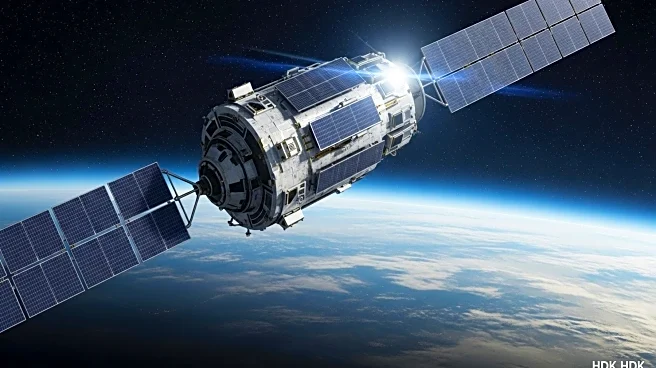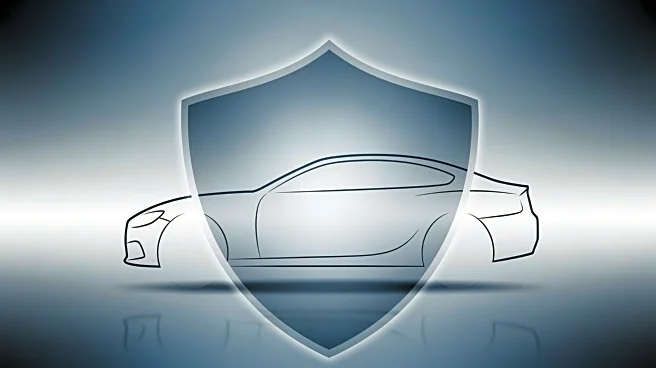What's Happening?
German Defense Minister Boris Pistorius has raised concerns about Russian space activities, specifically the shadowing of Intelsat satellites by Russian Luch Olymp satellites. Speaking at a space conference in Berlin, Pistorius highlighted the rapid expansion of Russian and Chinese capabilities for warfare in space, which include disrupting, blinding, and destroying satellites. He emphasized the need for discussions on developing offensive space capabilities as a deterrent against such threats.
Why It's Important?
The warning from Germany underscores the growing importance of space security in international defense strategies. As countries like Russia and China enhance their space warfare capabilities, there is an increased risk to satellite operations that are crucial for communication, navigation, and military purposes. This development could lead to heightened tensions and a potential arms race in space, impacting global security dynamics.
What's Next?
Germany and other nations may pursue diplomatic talks and collaborations to address the threat posed by Russian satellites. The development of offensive space capabilities could become a priority for countries seeking to protect their satellite infrastructure. International agreements and regulations may be considered to prevent the escalation of space conflicts.
Beyond the Headlines
The situation highlights the strategic importance of space in modern warfare and the need for international cooperation to ensure the security of satellite operations. Ethical considerations regarding the militarization of space and the potential consequences for civilian satellite services may also arise.









